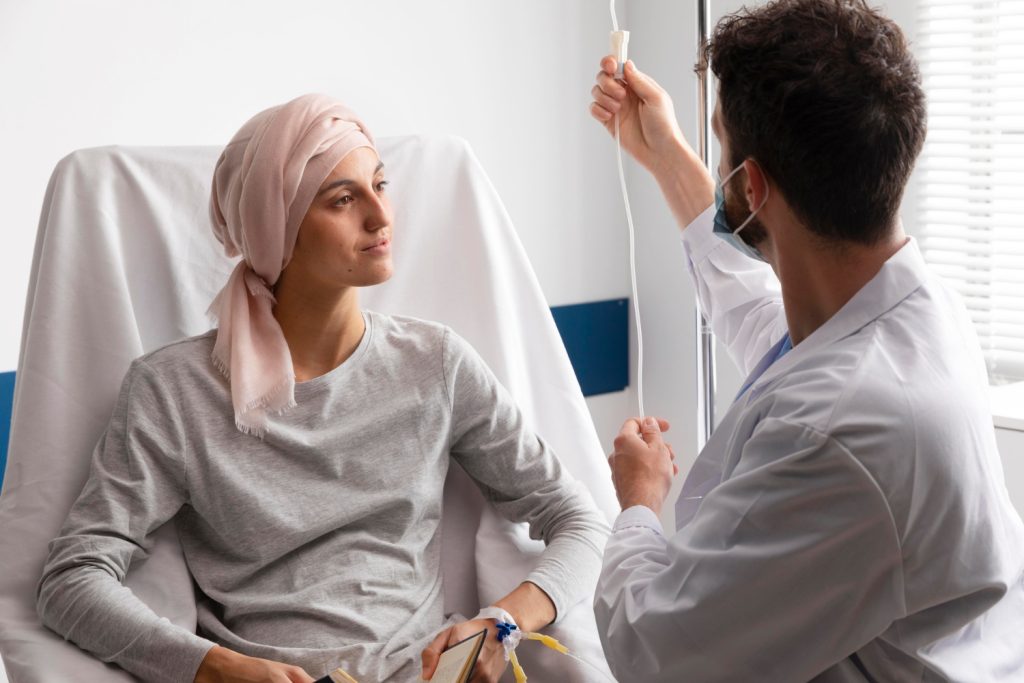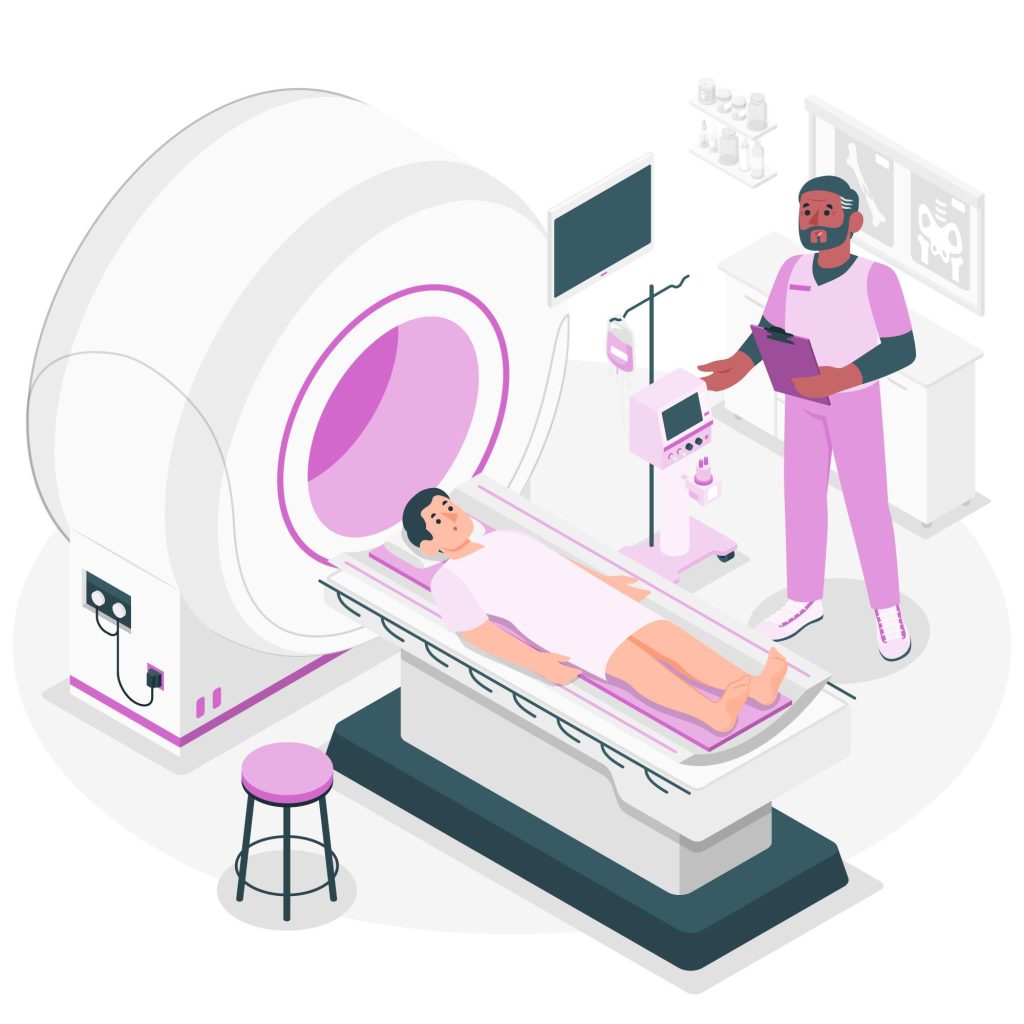
Hearing the words “You have cancer” can turn your world upside down. It’s overwhelming, confusing, and scary. At Sagar Cancer Care Hospital, we understand how heavy that moment feels—and we’re here to walk with you through every step of the journey.
This guide will help you understand what cancer is, the role of a Medical Oncologist, and how personalized care can make a difference. More than anything, we want you to feel informed, supported, and empowered as you move forward.
What is Cancer, Really?
Cancer isn’t just one disease—it’s a broad term for when cells in the body start growing uncontrollably. These rogue cells can develop in almost any tissue and are influenced by a mix of genetics, environment, and lifestyle.
Knowing the type and stage of cancer is important because it helps determine the best treatment approach.
The Significance of Early Detection
Early cancer detection improves results and expands treatment options. Regular screenings and keeping an eye out for any unusual changes in your body can make all the difference because many types of cancer can be treated more successfully when discovered in their early stages.
Your Medical Oncologist Is Not Just a doctor but your partner in care. A medical oncologist helps you navigate difficult choices, treatment regimens, and every stage of your cancer experience.
What They Do
Medical Oncologists specialize in treating cancer using:
- Chemotherapy – Uses drugs to destroy cancer cells
- Immunotherapy – Helps your immune system fight cancer
- Targeted Therapy – Attacks specific cancer cells with precision medicine.
Hormone Therapy – Blocks hormones that fuel certain cancers
Each treatment plan is unique—what works for one person may not work for another. Your oncologist
customizes your care to match your specific diagnosis and needs.

Coordinating Your Care
Cancer treatment often involves multiple specialists, from surgeons to radiation oncologists and
supportive care teams. Your Medical Oncologist acts as the central point, ensuring that every aspect of
your care is well-coordinated and nothing falls through the cracks.
Personalized Treatment Plans: Because One Size Doesn’t Fit All
Every cancer case is different, which means every treatment plan should be too.
How Your Care Is Determined
Prior to choosing a course of treatment, your physician might use:
- Biopsies: A microscopic examination of cancer cells
- Imaging tests to determine the location of the cancer, such as CT, MRI, or PET scans
- Molecular Testing: To gain a genomic understanding of your cancer
Your oncologist will customize a treatment plan based on the findings, which may involve
immunotherapy, chemotherapy, or a mix of these. Effective cancer treatment with the fewest possible
adverse effects is the aim.
Staying Flexible
Cancer treatment isn’t a straight road—it’s a journey with twists and turns. Your oncologist will monitor
your progress and make adjustments as needed, ensuring your treatment stays on track.
The Emotional Side of Cancer: You’re Not Alone
A cancer diagnosis doesn’t just affect your body—it affects your emotions, too. It’s completely normal to
feel fear, anger, anxiety, or even grief. You don’t have to go through it alone.
Finding Support
- Counseling & Therapy – Speaking with a professional can help ease emotional stress.
- Support Groups – Connecting with others who understand what you’re going through can be
incredibly powerful. - Family & Friends – Lean on your loved ones—they want to be there for you.
